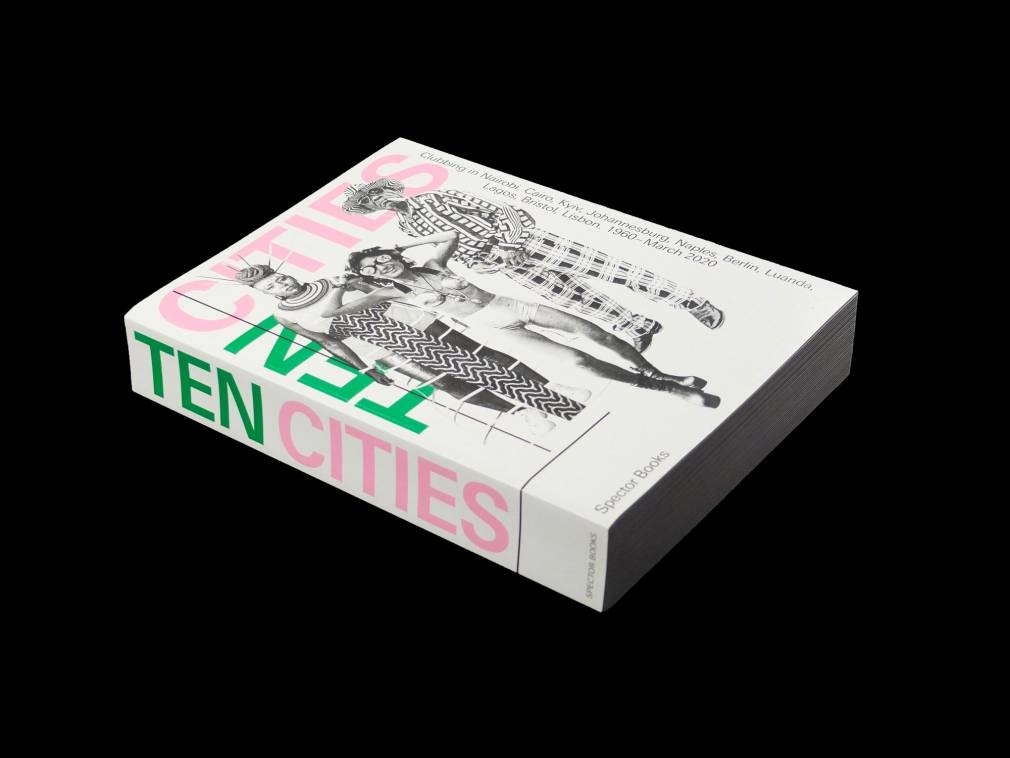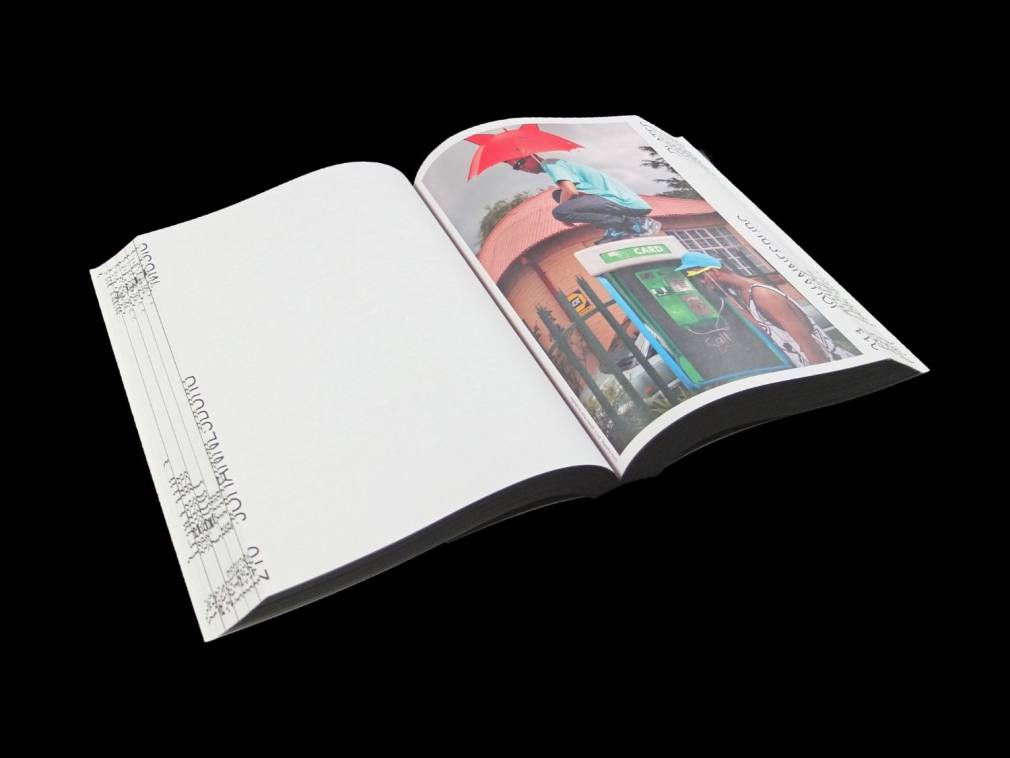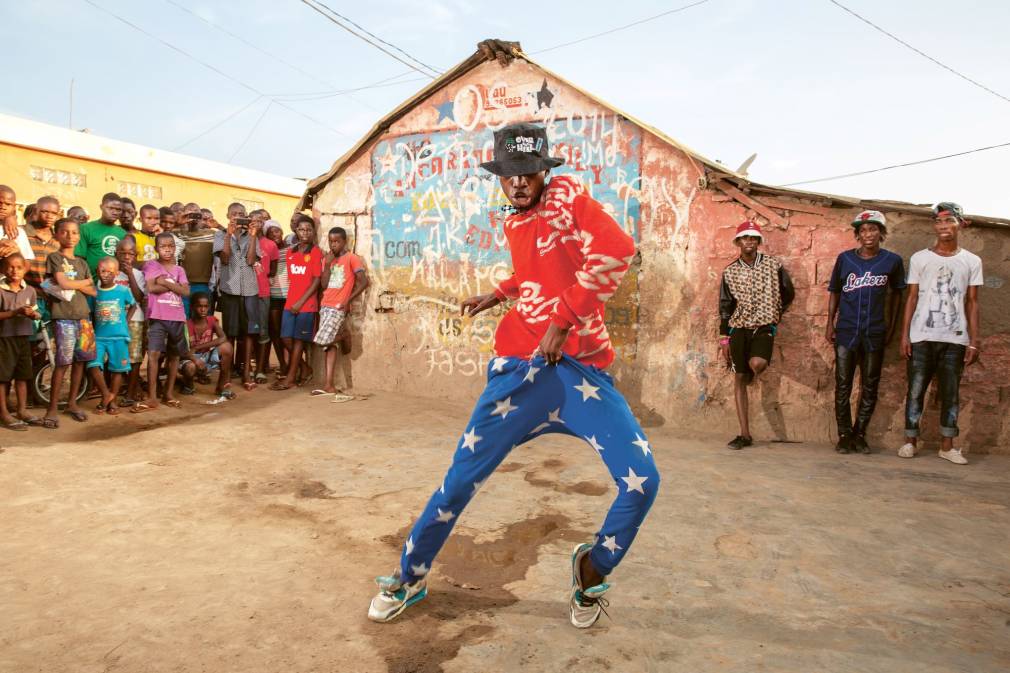“Nocturnal raving, partying, and clubbing has become a global phenomenon, it seems. It is everywhere. But what is this everywhere? And is it the same everywhere?”
This is the question that prefaces a new book that seeks to decolonise the dancefloor in twenty essays. The labour of three editors and twenty five writers, Ten Cities published by Spector Books is the result of a collective and parallel process of uncharted research into clubs and clubbing from Lagos to Nairobi, Cairo to Johannesburg. Whilst not seeking to compare, rank or poll scenes, this covetable coffee table book articulately disrupts a familiar narrative of clubbing and EDM innovation originating in northern centres such as Detroit or Manchester – a single story the editorial calls out as: “perpetuating a problematic peripherality” in which the above are acknowledged as hubs, whilst movements in the global south are seen as appendices.
A project initiated by the German cultural association The Goethe Institute in Nairobi, the conversations in Ten Cities offer a long form discourse on dance music raging from Marabi in South Africa to Kuduro in Angola, circumventing the titular ten cities in alphabetical order beginning in 1960 “The Year of Africa’ when independence and Pan-africanism swept across the continent.” Via two essays per city, one musically themed, the other on the infrastructure of the club scene, Ten Cities explores diverse clubbing spaces such as taxi lots, beaches and roads as well as the moving club experience of Matatu mini buses in Kenya and elsewhere. Heroically researched and tightly written, Mallam Mudi Yahaya’s essay on Lagos “Throw to me and I throw back to you’ stands out among the twenty, beginning with an evocative description of a long lost Lagos spot where: “the lighting at the bar was not too bright and not too dark.” A survey of Nigerian musical history from folkloric forms such as Juju, Sakara and Apala to the modern 9ja sound and Afobeats – Yahaya also posits that the cavernous megachurches of Lagos are examples of clubbing cultures. Yahaya who is a writer, cultural activist, photographer and filmmaker contextualised it for Pan African Music thus:
“Urban nightlife is an excellent entrance to observing and studying how big cities negotiate new identities and meaning.”
From the life and times of Dr Victor Olaiya, considered “The evil genius of highlife,” to Yemi Alade and Wizkid, Yahaya’s first essay documents the plurality of Nigerian music, whilst his second essay titled `Circadian Rhythms’ recounts Lagos’ “evolution from a small fishing village into a thriving megacity of over fifteen million people.”
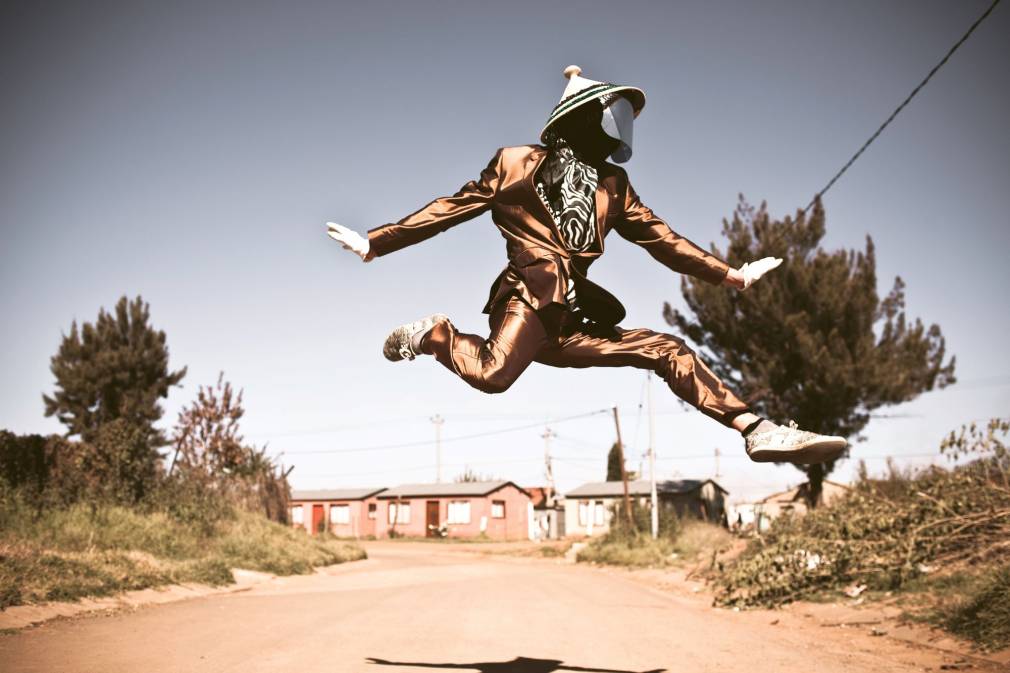
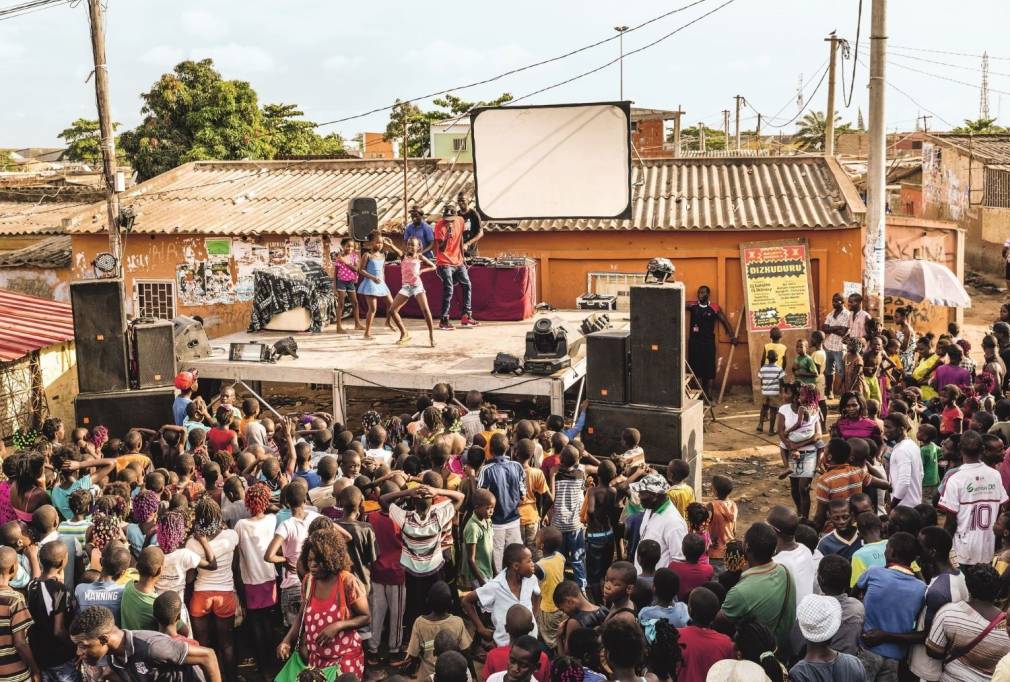
Speaking to Pan African Music Yahaya explained that his own Lagos story and first contact with clubbing were via the tradition of the roadblock parties known as Owambes: “local street parties intrinsically linked to the city of Lagos where shutting down entire streets was, until recently, a normal occurrence.” Sean O’ Toole whose essay on Johannesburg “Imaginary Republics” is a history of the short-lived and forgotten venues of his hometown summed up the importance of Ten Cities’ lived experience perspective to us with an analogy:
“The news media don’t record pleasure. There is no Monday report of how many people had a good time on the weekend.”
Thus the importance of this book in collecting and conserving said knowledge and the authority and authenticity of the voices within. Discussing the toll of Covid 19 on clubbing in Johannesburg where alcohol sales have been banned twice during the pandemic to ease the burden on hospitals from alcohol abuse – author, critic and journalist O’ Toole points out that drinking and dancing (and thus clubbing) are central to the short history of Johannesburg:
“Alcohol watered the city’s first male inhabitants, a get-rich quickly rabble who when not digging for gold attended vaudeville shows and drank immoderately. The history of clubbing partly involves a search for places to dance and drink without the intervention of the state and profiteers.”
Also documenting the seedier side of clubbing, Ali Abdel Moshen sets his essay “Clubbing in an oppressive city” on and around the luminous strip of Cairo’s Al Haram Street.
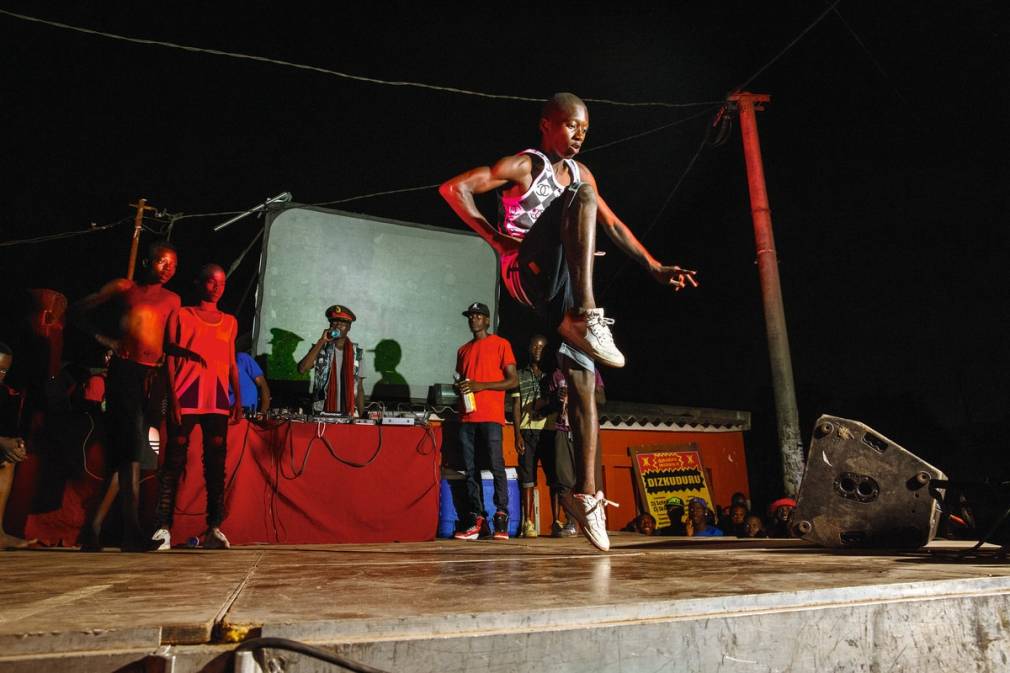
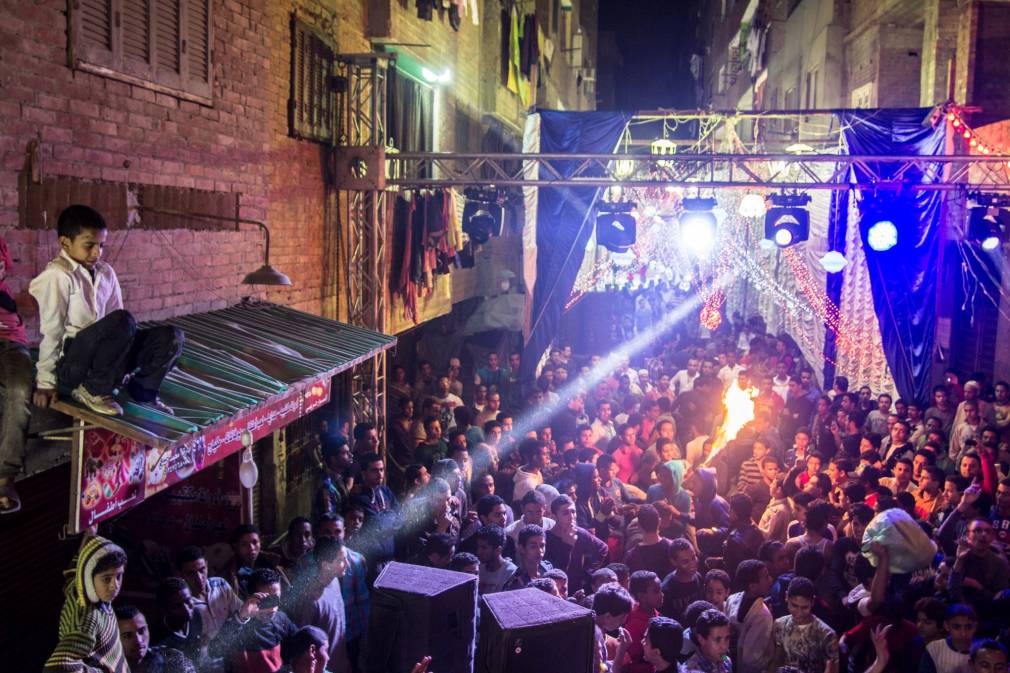
Painting a sometimes lurid picture of the hedonistic clubs along Al Haram Street, Moshen who like O’ Toole previously worked as a journalist in his hometown, spent a year researching both the larger well lit clubs of Haram street and the smaller underground establishments of the side streets. For Moshen Al Haram Street is: “a pretty unique stretch, home to the country’s largest studios at a time when Egypt dominated regional cinema and a long-gone glamour which the few surviving nightclubs from that era still cling to” A fading dignity he evokes in all the detail of it’s “shabbily uniformed maître d’s, and nightly variety acts.” in the shadow of the Giza pyramids. Moshen’s essay intimately invites the reader into this world in which there are nonetheless protocols and a desire for exclusivity common in any nightclub. Like fellow essayist Mallam Mudi Yahaya, Moshen celebrates clubbing in improvised and public spaces. Speaking to PAM he explained: “I was researching and writing shortly after the uprisings, when a lot of societal structures were being dismantled or challenged.” Thus the final part of Clubbing in an oppressive city’ records “impromptu gatherings, communal celebrations and roaming parties” and like Yahaya’s Owambe street parties, Moshen writes evocatively of sound system heavy wedding parties taking over a street where: “At its source the sounds are no clearer than they were half a kilometre away, just considerably louder.” Writing around the time of the 2011 revolution Ali Abdel even makes the case that, for a brief period: “Tahir Square existed as a club of sorts; a clearly defined area with its own border controls and unifying ideology.”
Ten Cities then is a valuable work of research into cultural happenings that are often ephemeral and by nature nocturnal and unseen. Chronicling clubbing right up until March 2020, it is a book that in the words of its editors Johannes Hossfeld Etyang, Joyce Nyairo and Florian Sievers stands as: “testimony to a convivial spirit that is sure to outlive the pandemic.”
